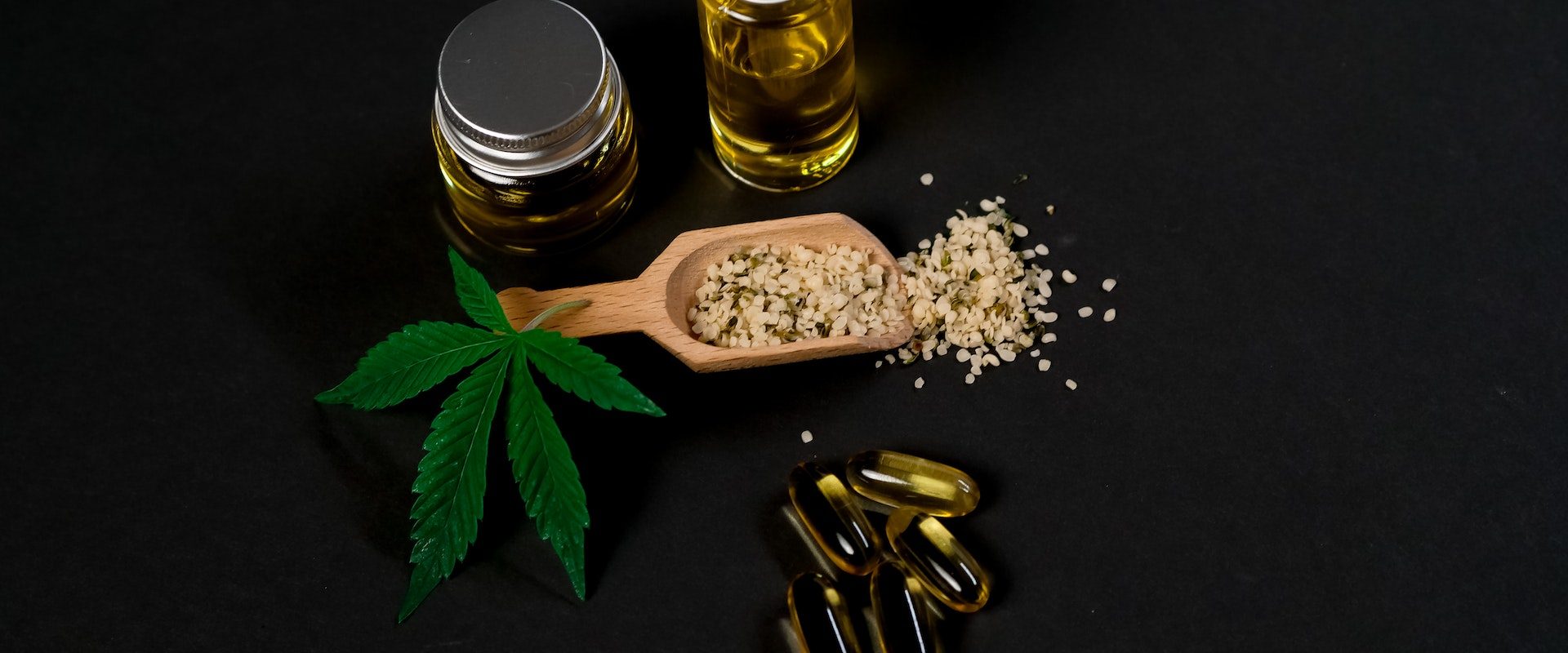What is CBD?
CBD, short for cannabidiol, is a naturally occurring compound found in the Cannabis sativa plant. It is one of over 100 cannabinoids present in the plant and is known for its potential therapeutic properties. CBD is typically extracted from hemp, a variety of Cannabis sativa that contains minimal levels of THC, the psychoactive compound responsible for the “high” associated with marijuana.
How Does CBD Work?
CBD interacts with the body’s endocannabinoid system (ECS), a complex network of receptors, enzymes, and endocannabinoids that helps regulate various bodily functions. The ECS plays a crucial role in maintaining homeostasis, or balance, within the body. CBD interacts with ECS receptors, primarily the CB1 and CB2 receptors, to produce its effects. However, its precise mechanisms of action are still being studied.
Popular Uses of CBD
1. Pain Management
One of the most common uses of CBD is for pain relief. CBD has shown potential analgesic properties and may help alleviate chronic pain conditions such as arthritis, fibromyalgia, and migraines. It may interact with receptors involved in pain signaling and reduce inflammation, providing a natural alternative to traditional pain medications.

2. Anxiety and Mental Health
CBD has gained popularity as a potential remedy for anxiety disorders, including generalized anxiety disorder (GAD), social anxiety disorder (SAD), and post-traumatic stress disorder (PTSD). It may help promote relaxation, reduce anxiety symptoms, and improve overall mental well-being. However, more research is needed to fully understand its effectiveness and optimal dosing for different conditions.

3. Sleep Disorders
Many individuals struggle with sleep disorders such as insomnia, restless leg syndrome, and sleep apnea. CBD has shown promise in improving sleep quality and promoting better sleep. It may help address underlying causes of sleep disturbances, such as anxiety and chronic pain, allowing for more restful and rejuvenating sleep.
4. Skincare and Beauty
CBD-infused skincare and beauty products have gained popularity in recent years. The compound’s potential anti-inflammatory and antioxidant properties make it appealing for addressing skin concerns such as acne, eczema, and signs of aging. CBD topicals, such as creams and lotions, are believed to interact with skin receptors and provide localized relief.
5. Potential Neuroprotective Effects
Preliminary research suggests that CBD may have neuroprotective properties, meaning it could help protect the brain and nervous system from damage. This has sparked interest in its potential application for neurological conditions such as epilepsy, multiple sclerosis, and Parkinson’s disease. However, further studies are needed to determine its full efficacy and safety for these conditions.
Choosing Quality CBD Products
When considering CBD products, it’s essential to prioritize quality and safety. Here are a few factors to consider:
1. Source and Extraction Method
Look for CBD products derived from organically grown hemp plants.
2. Third-Party Testing
Reputable CBD manufacturers often provide third-party lab test results to verify the potency, purity, and safety of their products. These tests ensure that the CBD content is accurate and that the product is free from harmful contaminants such as pesticides, heavy metals, and residual solvents.
3. CBD Concentration and Dosage
Pay attention to the CBD concentration in the product and consider your dosage needs. CBD products come in various strengths, and the appropriate dosage can vary depending on factors such as body weight, the severity of symptoms, and individual tolerance. It’s advisable to start with a low dosage and gradually increase if needed, under the guidance of a healthcare professional.
4. Product Type and Consumption Method
CBD is available in different forms, including oils, tinctures, capsules, edibles, topicals, and vape products. Choose a product type that suits your preferences and desired effects. For example, oils and tinctures provide flexibility in dosage and easy sublingual administration, while topicals are ideal for localized relief.
Consulting a Healthcare Professional
If you’re considering using CBD for specific health concerns or as part of your wellness routine, it’s always wise to consult with a healthcare professional who is knowledgeable about CBD. They can provide personalized guidance, help determine appropriate dosages, and ensure that CBD will not interact negatively with any existing medications you may be taking.
Conclusion
CBD has gained immense popularity for its potential therapeutic benefits and versatile applications. From pain management and anxiety reduction to skincare and neuroprotection, CBD offers a natural alternative for those seeking holistic approaches to health and well-being. However, it’s important to approach CBD use with caution, ensuring you choose high-quality products and consult with a healthcare professional when needed. As research on CBD continues to evolve, we can expect to uncover more about its potential and how it can be effectively incorporated into our lives.



